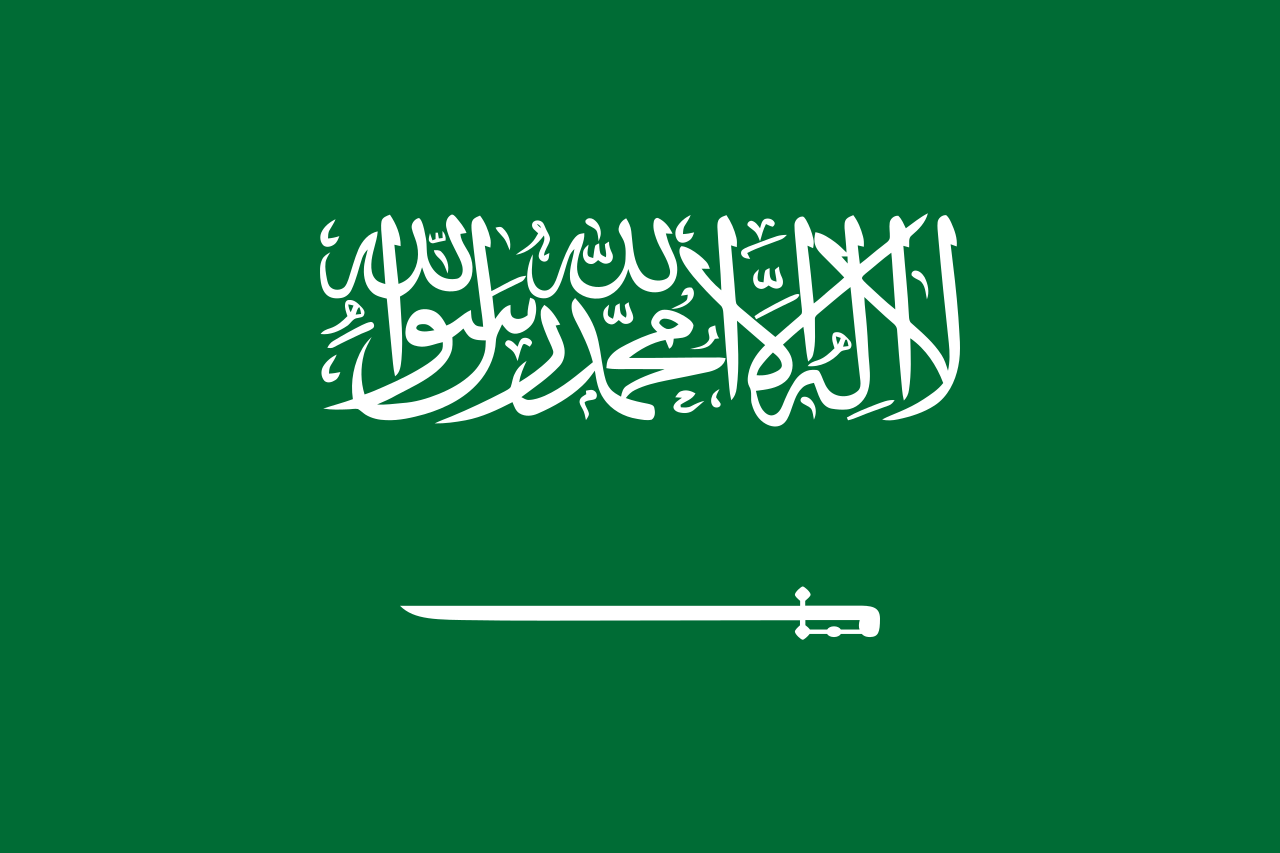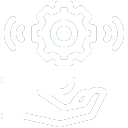Duration 5 Days
Course Description
This advanced course covers methodologies of industrial process control and the instrumentation used for it in typical process plants. It elaborates various sensors and its working principle, specifications, and design and selection aspects used for sensing various process parameters along with merits and limitations of each type of sensor. The course would also build the knowledge of the participants related to working principles of control loop components, the control strategies, and the PID controller fundamentals including the terminology, algorithms and tuning methods. A special emphasis on real life implementations, case studies and international standards would ensure participants to co-relate the theory with their day to day practice. A brief introduction to multivariable control would help the participants to enhance their exposure related to complex control.
This course is designed more for engineers but also will offer tremendous value to operators, technicians and supervisors.
Course Objectives
Upon Completion of this course the participant will be able to :
- Understand the objectives of industrial process control
- Know the Process Control Dynamics and Transfer Functions
- Understand Open and Closed Loop Control
- Understand sensor fundamentals
- Learn various sensors used for measurement of process parameters such as temperature, flow, pressure, level etc. covering principle of operation, specifications etc.
- Have knowledge on Transmitters and Intelligent Instrumentation
- Understand working of Control Loop Components
- Gain knowledge on PID control strategy and its real life implementation
- Know the art of PID controller tuning
- Understanding of multivariable control
Course Outline
Module 1
- Background and Evolution of Process Control/ Automation
- Basic Concepts – Open /Close loop
- Concepts of Industrial Process Control
- Need for Automatic Process Control
- Process Control Dynamics and Transfer Functions
Sensors and Transducer and its Characteristics
- Principle of working and selection criteria for Sensors
Module 2
- Process Control Schematics
- PID examples in Time Domain
- Cascade Control
- Transforming process operating information into
Controller Tuning
- DCS Attributes and Features Startup and Chain Activation
Procedures in the DCS
- Model-based Control
- When to use PID, Cascade PID, Advanced Regulatory,
DMC, RMPCT, Rule-Based Control
Module 3
- Principle of working, specifications, merits and limitations,
selection criteria for following sensors:
- Temperature Measurement
- Pressure Measurement
- Flow Measurement
- Level Measurement
- Position Sensing
- Weight Measurement
- Speed Measurement
- Process Parameter Switches: Pressure, Level, Flow,and Temperature Switches
Module 4
- Feedback Control Block Diagram and Concepts
- Standard Signals, SMART Transmitter
- I to P Converter, Control Valves, Actuators and Positioner
- Process Characteristics, Lags in Control loop
- Controllers and Control Actions: ON-OFF, Proportional,
Integral, Derivative
Module 5
- PID Controllers: Algorithms, forms, terminology, selection
- Microprocessor based Controllers
- Tuning of Controllers
Application of Multi Variable Control: Cascade Control,Ratio Control
Selective Control, Feed forward Control
 العربية
العربية





